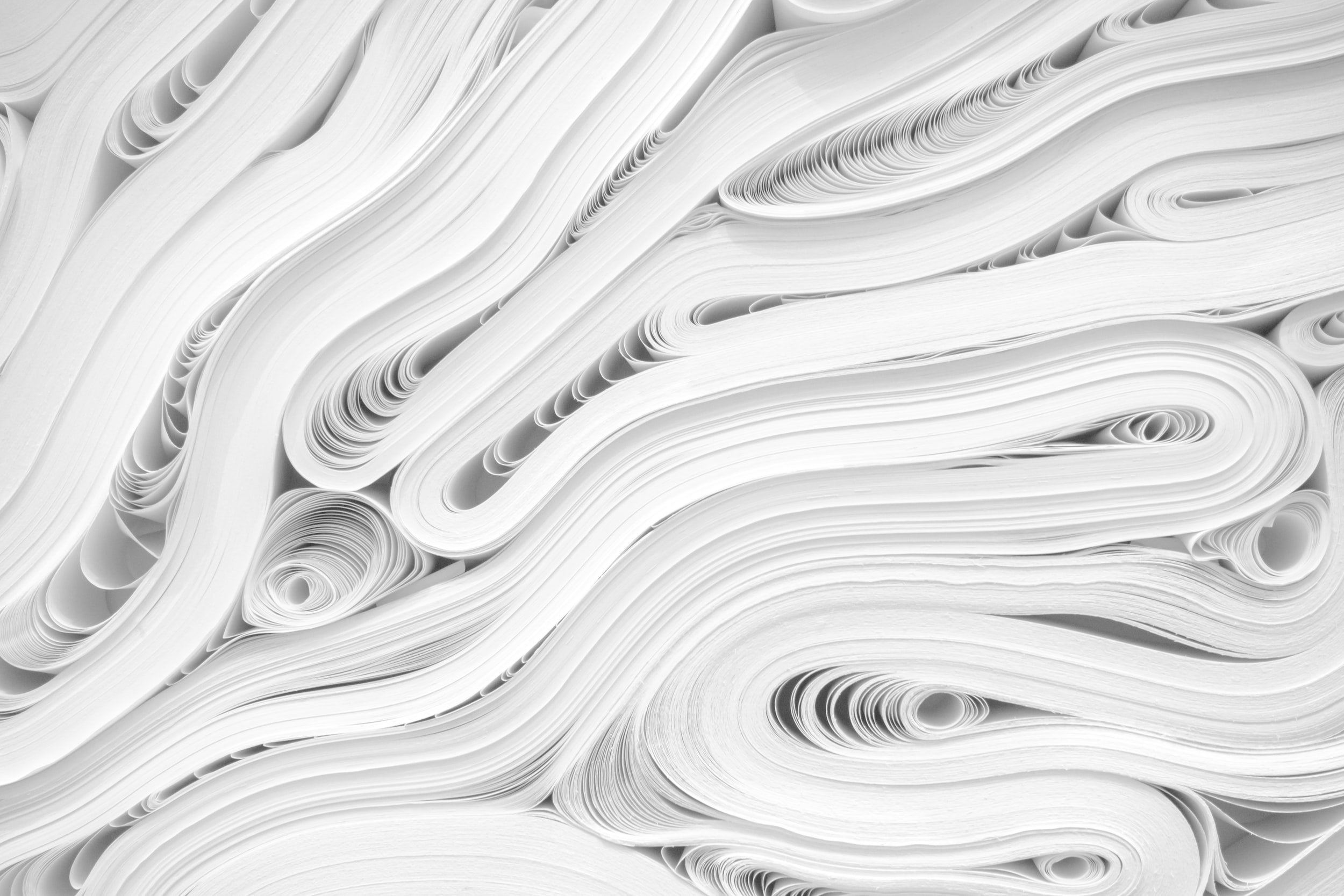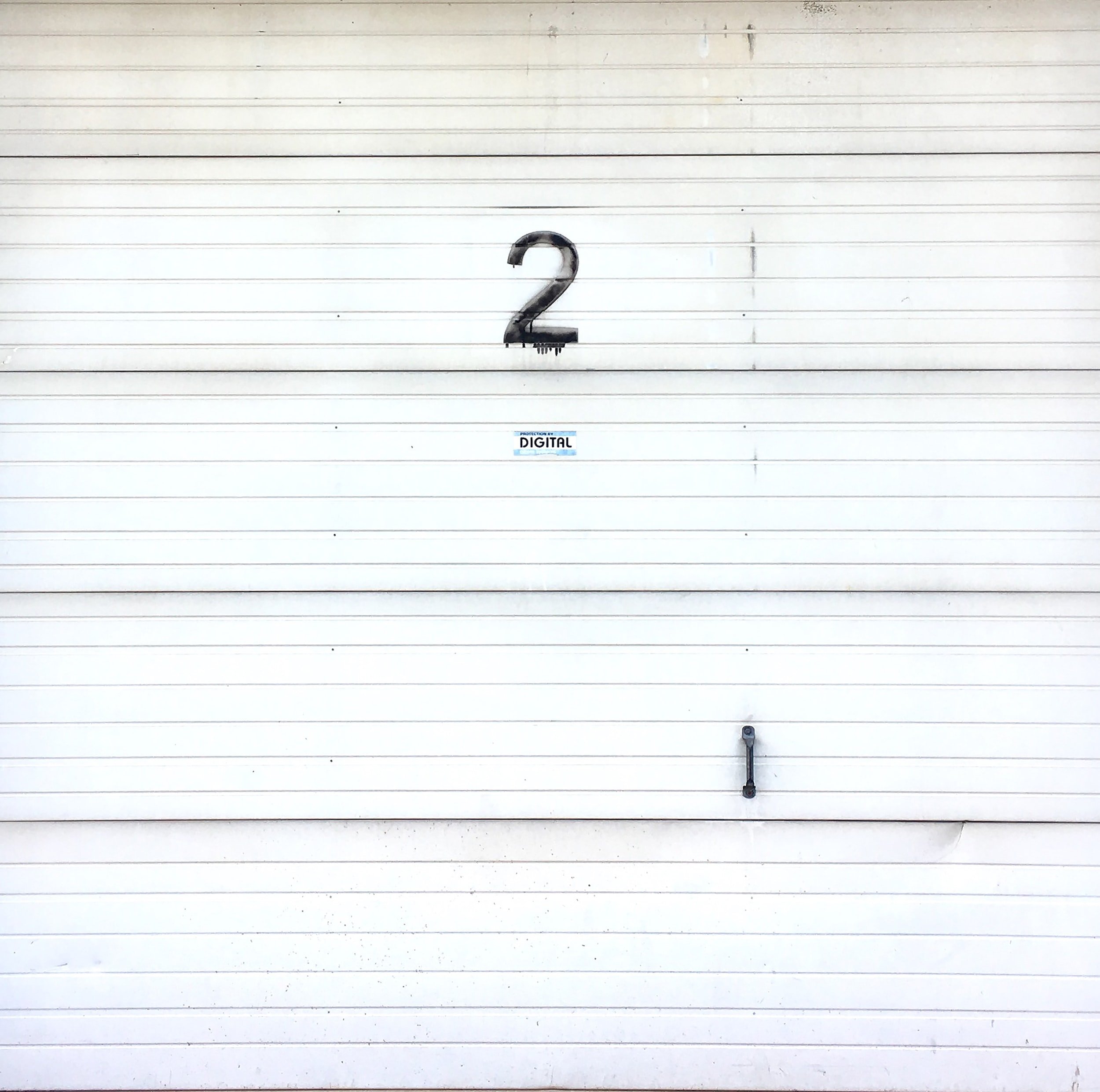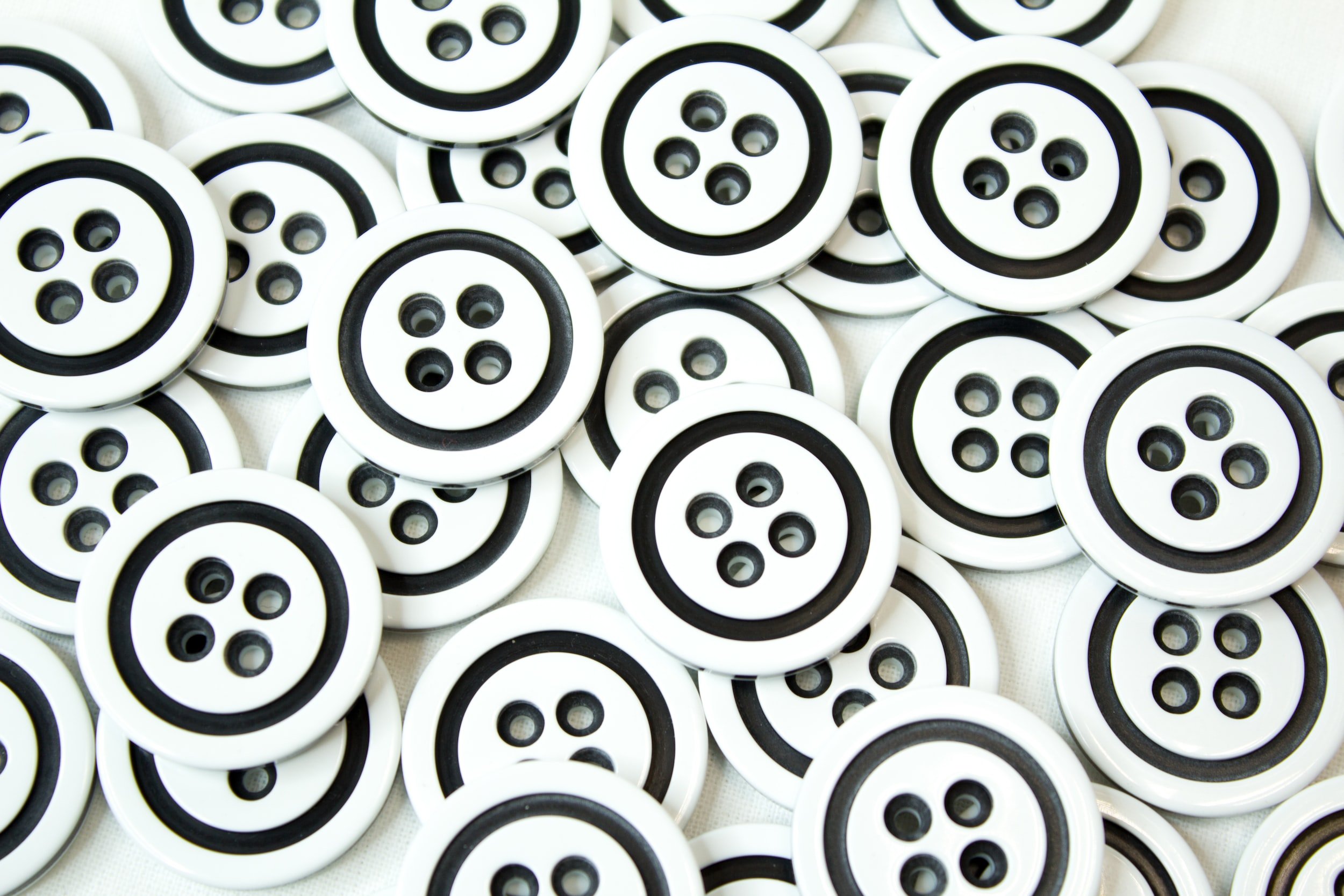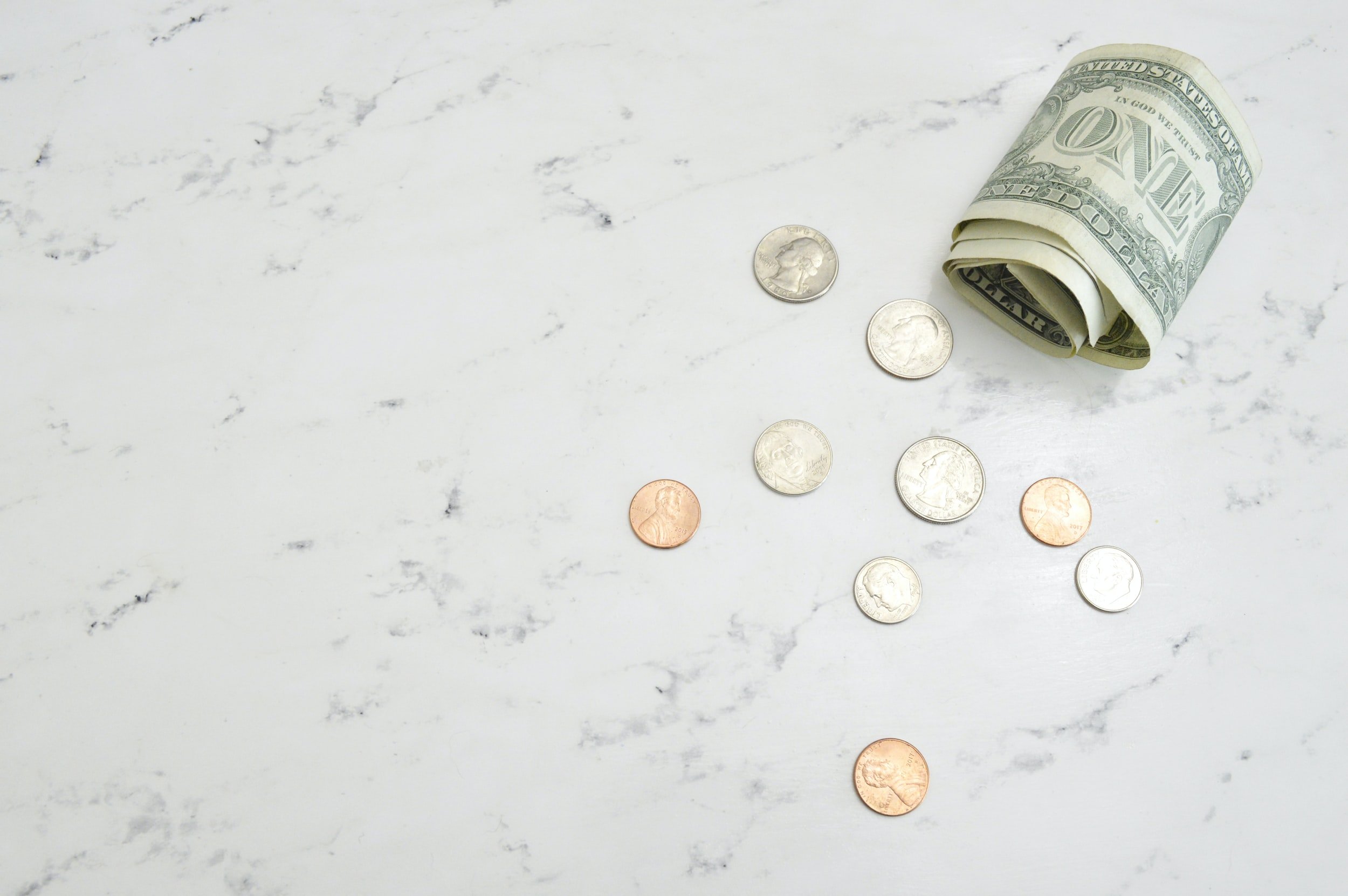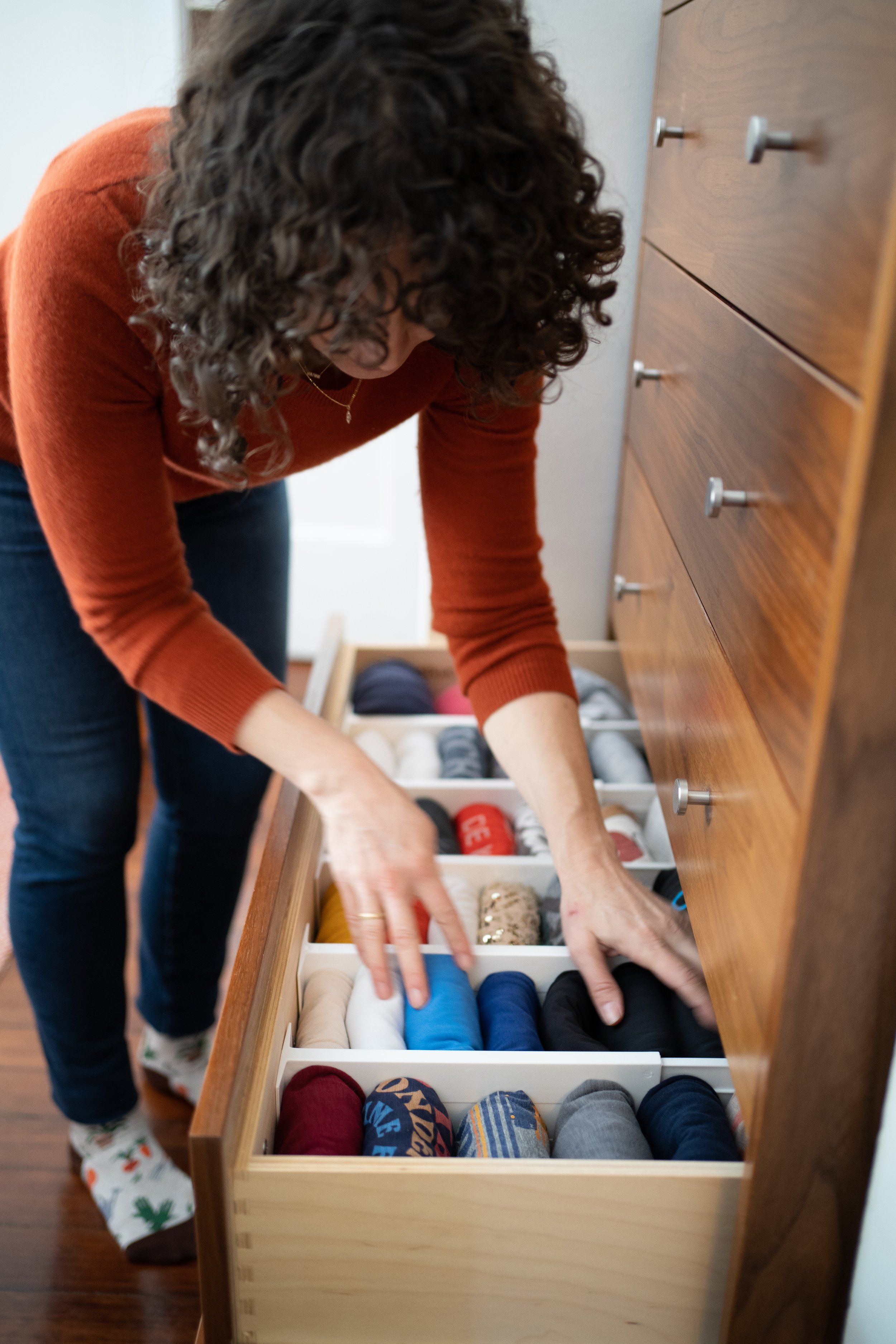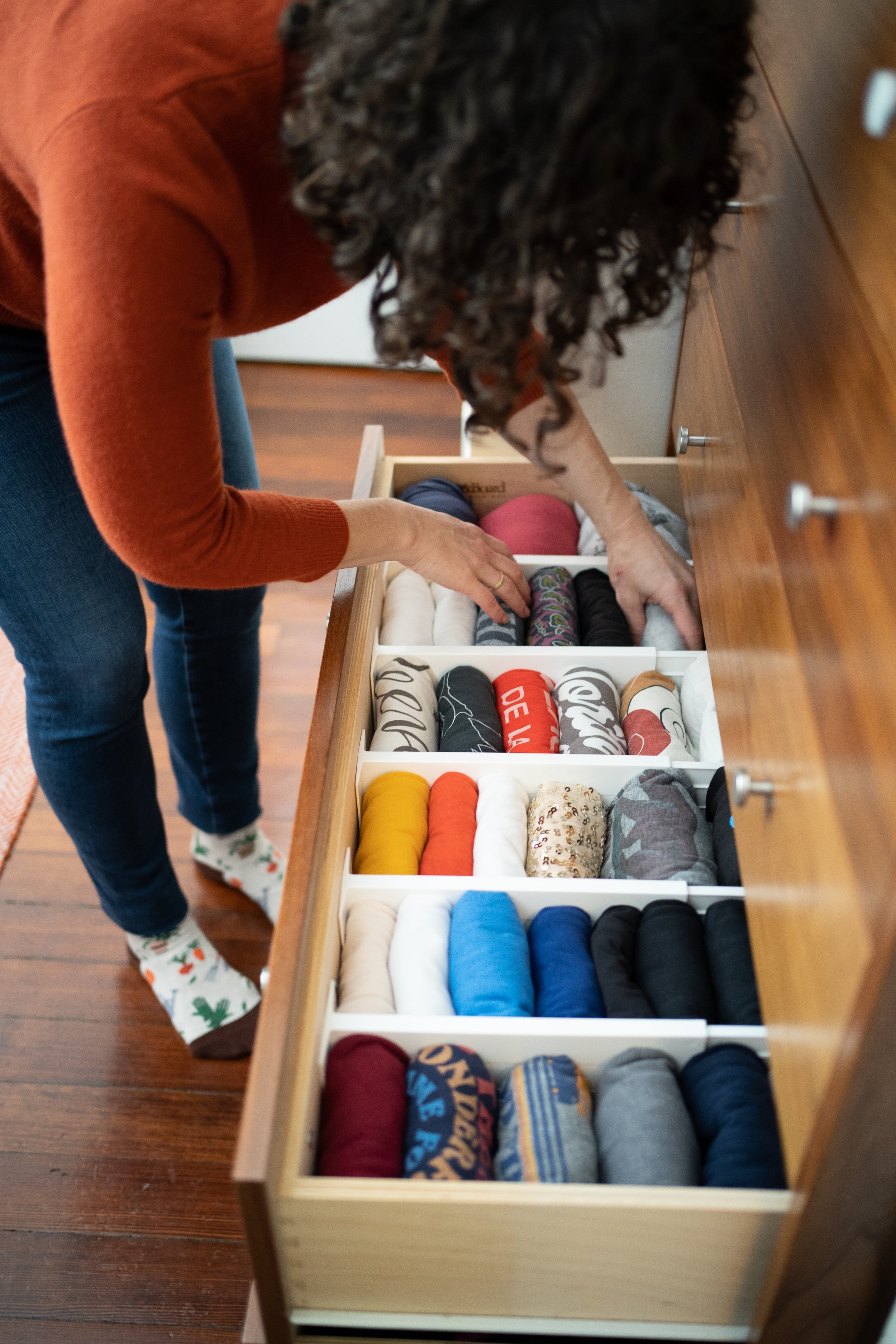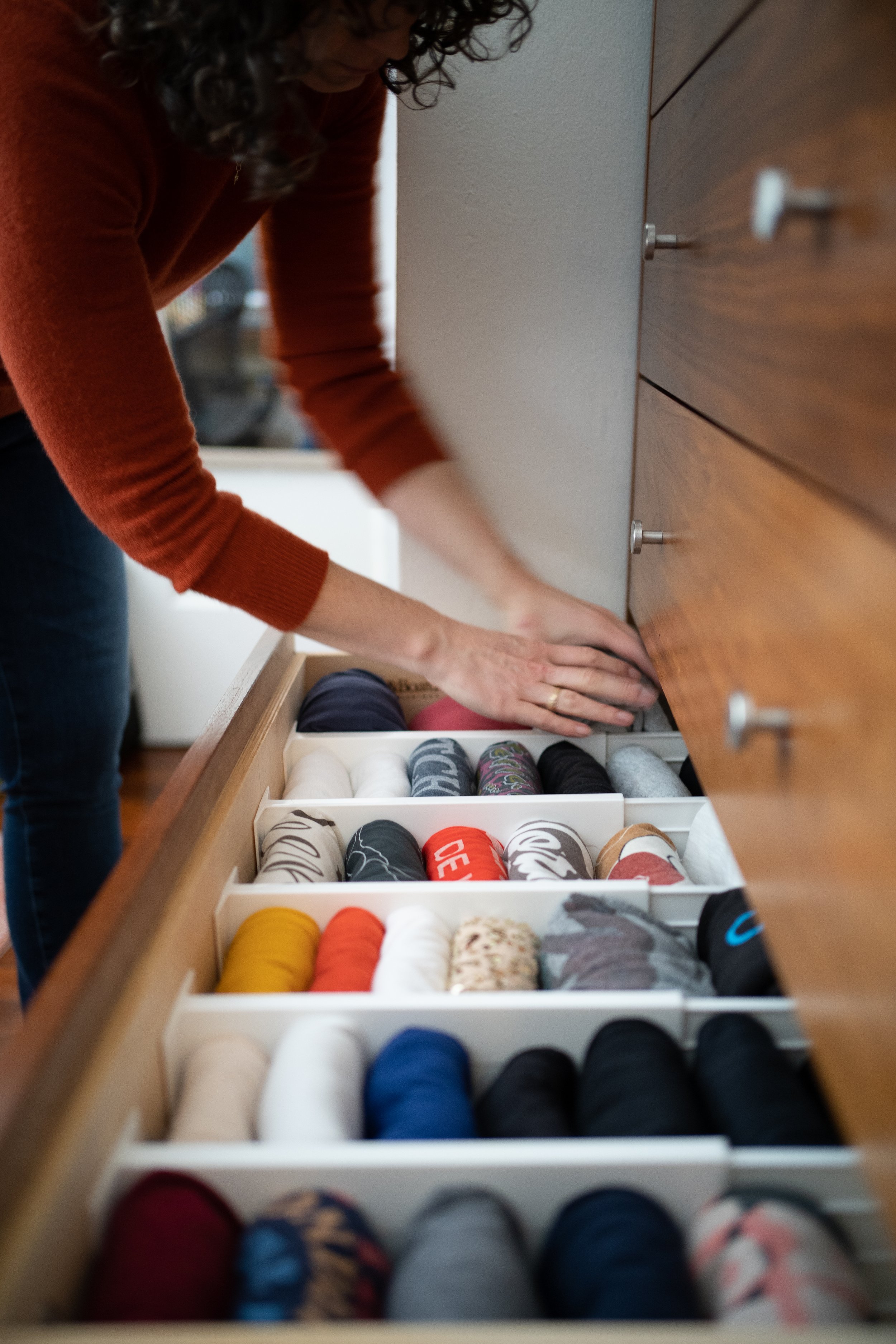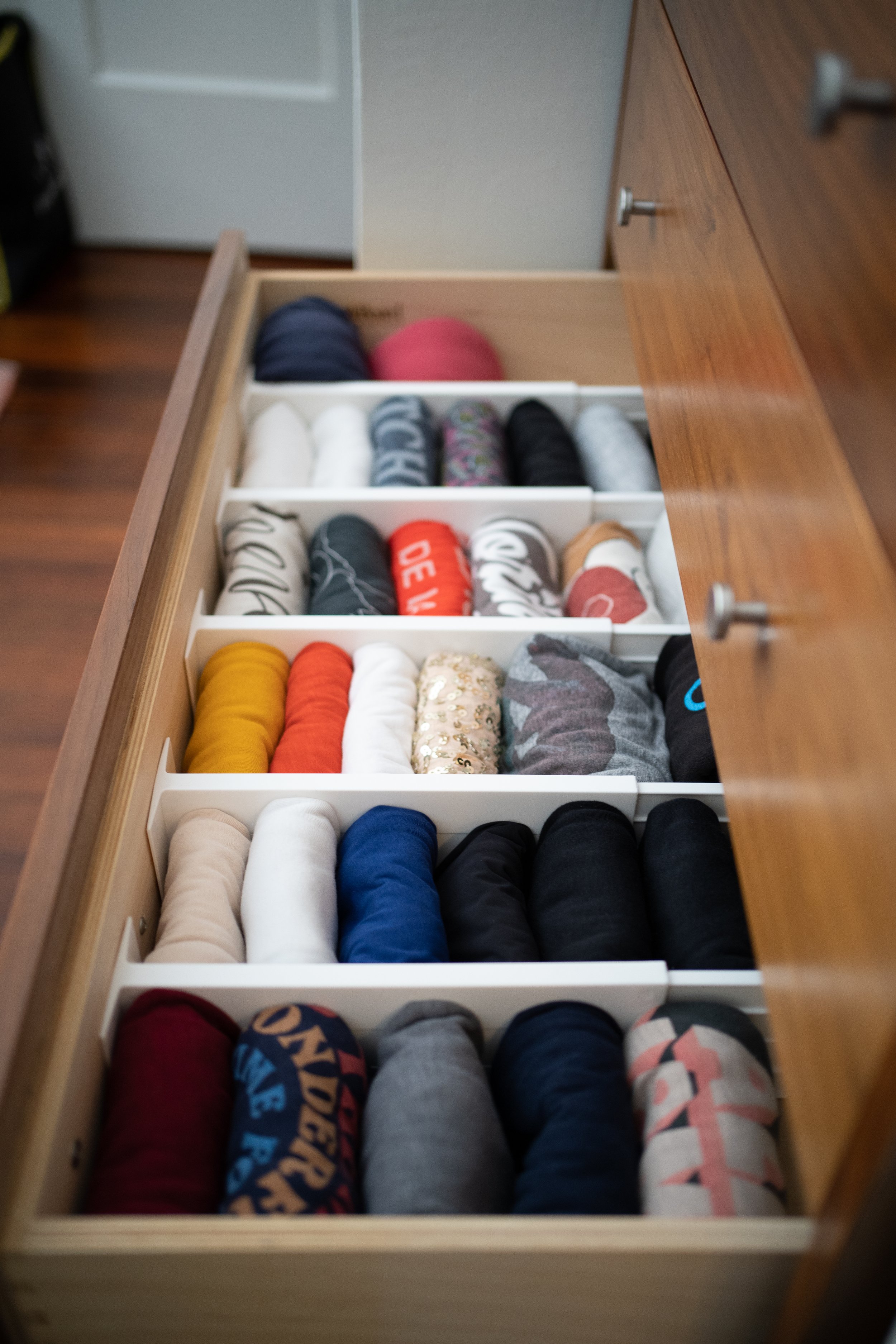Five Things I’ve Learned From Marie Kondo
I was born to organize. I was sorting my Barbie clothes to unwind since I was in kindergarten. I was asking my mom “do we really need to keep this broken pot?” and “when is the last time you have used this sprinkler?” before I could do long division.
When Marie Kondo’s blockbuster book “The Life Changing Magic of Tidying Up” came out in 2010, I had mixed feelings. On one hand I thought I surely don’t need any help learning how to organize. What could this book teach me? On the other - dang, there might be more ways to do this? Sign me up!
A bonus hand was smacking myself that I wasn’t the one writing a blockbuster book about organizing.
If you aren’t familiar with her philosophy, she says you should keep only what sparks joy. This means that you should hold on to what makes you happy, and let go of the things that don't. This can help you to get rid of clutter and focus on the things that are important to you.
I can see how polarizing her book can be. As a professional organizer in the Bay Area, I can say that people seem to either love her or they don’t with few in the grey. “I am not interested in talking about my stuff and joy” one of my straight shooting clients wrote on her questionnaire.
Understood, friend.
I do not subscribe to the full court Marie Kondo school of organizing. I like to meet my clients where they are and I am just as happy to talk about their stuff and joy as to not mention it at all. However, there are some lessons that have stuck with me that I am still using 13 years later. So yes, I would say it has been life changing.
1: Clothes Folding: Marie says that we should wear items in a way that makes them easy to access. Her method involves folding clothes in a way that allows you to see all of them at once, rather than piling them on top of each other. She also recommends storing things vertically, rather than horizontally, so that you can see everything easily. This can help you to keep your belongings organized and find what you need quickly. This was a revelation to me and I have never looked back. For myself and many of my clients, storage space is so valuable and this method takes advantage of every inch. There is a learning curve to the “Kondo fold” but I have taught many people (including children) to fold this way and it really isn’t any more difficult than other forms of folding once you get in the groove of it.
Mind you, this type of fold is not for everyone. Much like an exercise program, the best kind of organizing is the one that you will actually use consistently. But for those who are willing to give it a shot, I have seen many skeptics be pleasantly surprised with the outcome.
2: Coinage: Money is for spending - I think the jingly kind is anyway. Marie says that you should spend your change and not have it wasting away in a jar or bag or in piles lining the drawers around your house. This was something that never occurred to me before I read this. Being that I am a tidy person, I kept all of my coins in a single jar and every year or so I would bring them to Safeway and dump them in one of those coin machines. But why keep money sitting around? Since I don’t pay with cash very often any more, I quickly realized that there was no reason to be stock piling change at home.
3: Buttons: Don't we all have a big stash of buttons and thread hanging around somewhere? Marie says that these days (sadly), clothes wear out before we have the chance to use the spare buttons. Now I toss them whenever I get them without any stress. An exception is an item with a very special button or closure but generally speaking, it is pretty easy to replace a button on most things. I have a few different sizes and colors that live in my sewing kit and let the rest go.
4. Papers: This is a big source of angsty clutter and I am happy that the world is moving more towards paper downsizing every year. I love hearing a client ask me if they really need to keep those statements and receipts anymore. Marie would say that you don’t need to keep any of it (they probably don’t spark joy after all). I’m sure she didn’t mean the important stuff - titles, deeds, passports, birth and marriage certificates (which btw should be stored somewhere fire safe). Beyond that, the rule of thumb is to only keep things that you cannot access online. I still keep paper receipts for large purchases made in person for insurance purposes, but that is a very small stack. And speaking of papers, this brings me to…
5. Manuals! For the love of god, consider recycling all of those manuals. Please don’t keep the ones written in French (unless you speak French). Please don’t keep the instructions for the Ikea bed. Please don’t keep any of them. If you really needed one, wouldn’t you look for the information online? It would likely be faster than trying to find the one your are looking for in the manual pile. I will hesitantly say to keep the manuals for large appliances and things like your water heater or furnace for when you resell your home, but try to keep them stored in a tidy single folder.
What do you think about Marie Kondo? Have you tried any of her methods? Would you try any of them?

